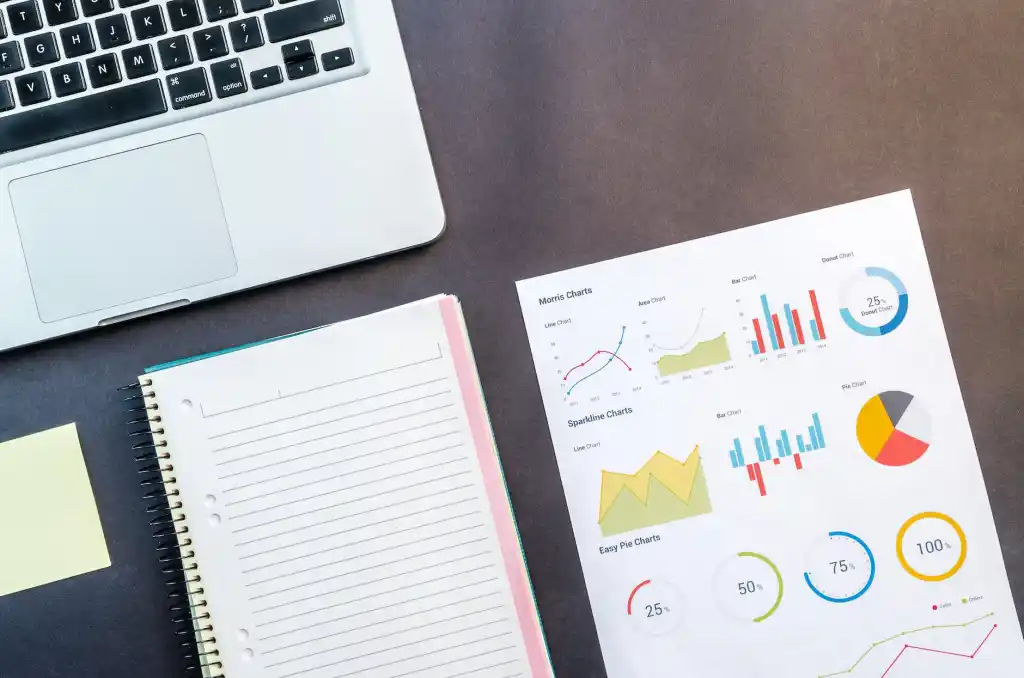The SCS Questionnaire is a tool for identifying a person’s Socionics type based on an adaption of the methodology by School of System Socionics™️. Our questionnaire looks to dissect types based on an analysis of the semantic components of Model A.
Structure
- Each section consists of five short-answer questions.
- Try to answer each question thoroughly, and address all of its parts. You can be brief, but the more you write, the better. Try to at least put something of substance under each question.
- However, if you are inclined to write a lot for a particular question, feel free. But don’t feel pressured to do so for all of them.
Guidelines
- If something comes to your mind, include it in your answer. Even if it seems irrelevant, unrelated, embarrassing, etc. There are no wrong answers, and these kinds of answers may be especially helpful to determining your type.
- It’s okay if you’re struggling to answer a question – this is natural. If you do see it happen, be sure to comment what you’re thinking at the moment and why it’s tough.
- Don’t do this to get a specific type. You won’t get a cohesive result. Remember that the people typing you are humans and we can tell if your answers are artificial.
 Te Section
Te Section
Te-A. What would you consider to be productive work? How would you measure this? What are some factors that may affect someone or something’s efficiency? Provide some examples.
Te-B. Think of a time where you needed to complete a difficult task. How did you approach managing the workflow? Why? How can you tell apart logical and illogical workflows or methods of action?
Te-C. How can someone make a set of rules or instructions easy to follow? When people aren’t properly following directions or procedures, how do you correct them? When should you?
Te-D. What would you consider a normal level of activity? Is it always necessary to maintain this? Why or why not? How can you tell if someone is overexerting or underexerting themselves?
Te-E. Think of an activity you’re interested in which requires certain physical or mechanical skills. How would you differentiate a good and bad technique? What makes these techniques effective or ineffective? How aware of you of your own performance?
E ▶ Examples of activities to describe
- Recreational interests: Martial Arts, Sports & Exercise, Art/Music Creation, Gaming
- Work skills: Coding, Skilled Work, Labor, Business Operations
- Basic skills: Solving math problems, Cooking
Try to think of an activity where you can easily tell a layman and a master apart. Alternatively, an activity in which you have a lot of experience.
 Fe Section
Fe Section
Fe-A. To what extent does someone’s emotional state affect a person’s being? How does your emotional state affect your everyday life? When does your true emotional state differ from what you express?
Fe-B. How important is it for someone to be inspired and excited about what they’re doing? Why? How can people actively inspire others?
Fe-C. What role do negative emotions, including anger, play in people’s lives? What causes them? Are they intrinsically valuable? Why or why not? What can be learned from negative emotions?
Fe-D. In your view, what does it mean to be calm? How can someone reduce the amount of emotionality happening in others around them? When would it be appropriate to adjust this?
Fe-E. How can you tell how someone is feeling? Describe some signs to look for. What are some giveaways that someone’s internal state is different from what they’re expressing on the outside?
 Se Section
Se Section
Se-A. To what extent does an individual’s appearance and external presentation affect them? How aware are you of the way you come off? Should people always consider how they look? Why or why not?
Se-B. Describe your view on money. What can it do for someone, and how does access to it affect people? What are your thoughts on riskier approaches to attaining it, such as risky investments or criminal activity?
Se-C. What would you consider your short and long term material goals? How do they compare to the goals of others? How can you tell if someone is striving for the right goals?
Se-D. What makes a person or organization look “put-together”? Are these people and groups more able to exert their will over others? Why or why not? What makes a person good at organizing and directing the will of themselves and others?
Se-E. One famous English adage is that “If there is a will, there is a way.” Do you agree? Why or why not? To what extent an individual’s will affect their ability to accomplish their goals?
C ▶ When this question asks about material goals, it is in reference to real, tangible things people can own. This could be an object, a physique, or access to a certain thing. But less tangible concepts, like happiness or a particular career do not count in isolation, unless there’s some material thing or opportunity (like a zookeeper seeing exotic animals) that you’d like.
 Ne Section
Ne Section
Ne-A. What would you consider to be the essence – or meaning – of existence? Should life’s meaning be personal or collectively shared by humanity? Why?
Ne-B. What makes someone have potential? What makes an individual more capable at something than others? When is it important to consider these capabilities? Can a person be truly hopeless? Why or why not?
Ne-C. What must an individual understand to physically and spiritually develop themselves? Is it more important to recognize the flaws or the strengths that people are given? Why?
Ne-D. How would you determine how good an idea is? Do these ideas need to be realistic to be worthwhile? How would you differentiate a promising opportunity from a dead end?
Ne-E. What does it mean for someone to understand the “essence” of something? When should someone prioritize understanding the core characteristics of a phenomenon? Think of a topic or field of interest you are knowledgeable in. What do you think lies at the essence of it? What does this suggest about the way people should approach it?
 Ti Section
Ti Section
Ti-A. What would you understand as an individual’s basic needs? Are these the same for everyone? To what extent do people rely on others to get their needs met? At what points does this become overreliance or underreliance?
Ti-B. How do people gain leverage, power, and respect from others? Is it sometimes necessary to use threats, fear, and punishment to accomplish this? Why or why not?
Ti-C. One commonly used idiom is that “Everything has its place.” What does this mean to you? How do things being “in their place” contribute to orderliness? Do you agree with the idiom? Why or why not?
Ti-D. What makes hierarchies work? When are they appropriate to use, and what do they provide to people? Should they always strive for equality and justice? Why or why not?
Ti-E. What does it mean for something to be logical? Is this the norm? Provide an example of something logical and illogical, and compare what makes the first logical and the second not.
 Fi Section
Fi Section
Fi-A. What does it mean to be emotionally close to or distant from someone? In what ways can you adjust your “emotional distance” to someone else? For what reasons would you decide to do this?
Fi-B. Share some thoughts on how you view love and desire. What makes a person desirable? Is this the norm? Are some people more deserving of these than others? Why or why not?
Fi-C. Describe what morality means to you. What does it mean for something or someone to be good or bad? What does it take for something bad to become good? Are some things truly irredeemable? Why or why not?
Fi-D. How are people shaped by their relationships with their friends and family? How do these differ from romantic ones? Are non-romantic relationships more important than romantic ones? Why or why not?
Fi-E. What can establishing new relationships with people do for someone? Is making new contacts with others as important as deepening the ones people already have? Why or why not?
 Si Section
Si Section
Si-A. One of the key themes in the bestselling book Atomic Habits is that what people have in their surrounding environment is the greatest subconscious driver of how they live their life. Do you agree? Why or why not? How can changing the environment around someone impact the way they live their life?
Si-B. How should people approach managing their health and well-being? How does this compare to the way you approach your own? When should people be taking their health and well-being into account? Why?
Si-C. Think about the way sensations, both good and bad, shape the way people live and experience their lives. How important are experiencing good sensations in one’s life? Is there a limit to how much one should chase these? What role do negative sensations play in our lives?
Si-D. Choose one of the following: art, clothing, photography, graphic design. What makes something well-designed in that area? How do the individual components work together to generate the experience?
Si-E. Describe what your living & working environments are like. How do they affect you? Would other people be similarly affected in the same environment? Why or why not? What changes could you make to improve it? How would these be beneficial?
 Ni Section
Ni Section
Ni-A. How do people’s relationship to the past, present, and future influence the way they currently live their lives? To what extent does this affect them? How does this influence your own life?
Ni-B. What does it mean for a person to be at a certain “phase” of their life? What puts people into the phases they’re currently in? How does this affect the way people navigate their lives?
Ni-C. How do you anticipate events unfolding? How can you observe them unfolding in your environment? How do you adjust yourself towards the way things are developing? Provide some examples.
Ni-D. Think about the way you experience the pace and rhythm of your life. What dictates the speed in which time flies? Why do you think people experience time passing at different rates?
Ni-E. Consider each of the following feelings people have about time: hurriedness, anxiety, optimism/pessimism. What causes people to experience these feelings? What role do they play in our lives? To what extent are these feelings beneficial?
Literature
Questionnaire and Questionnaire Requirements (in Russian). 2016. School of System Socionics. http://socionicasys.org/praktika/metodika/anketirovanie
